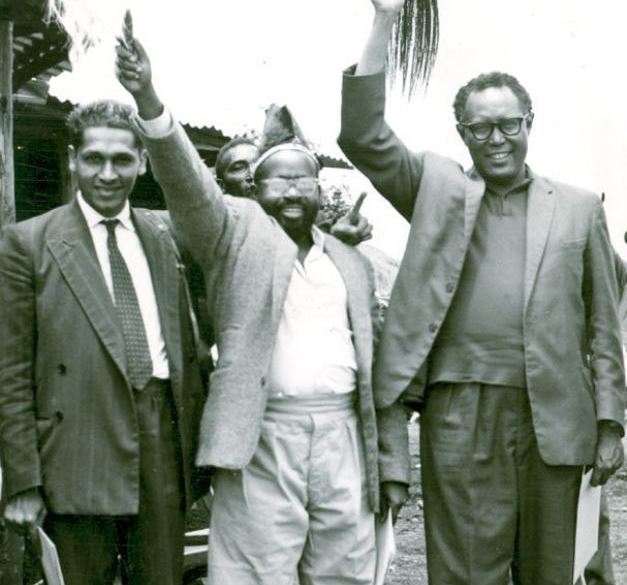×
The Standard e-Paper
Fearless, Trusted News

When Pio Gama Pinto was arrested in April 1954, one of the grounds for his detention was his alleged knowledge of illegal arms traffic to the benefit of Mau Mau.
In succinct terms, those who framed the orders said he assisted Mau Mau in drafting documents, arranged for the printing of membership cards and assisted the non-militant wing of the movement to plan its subversive campaign.